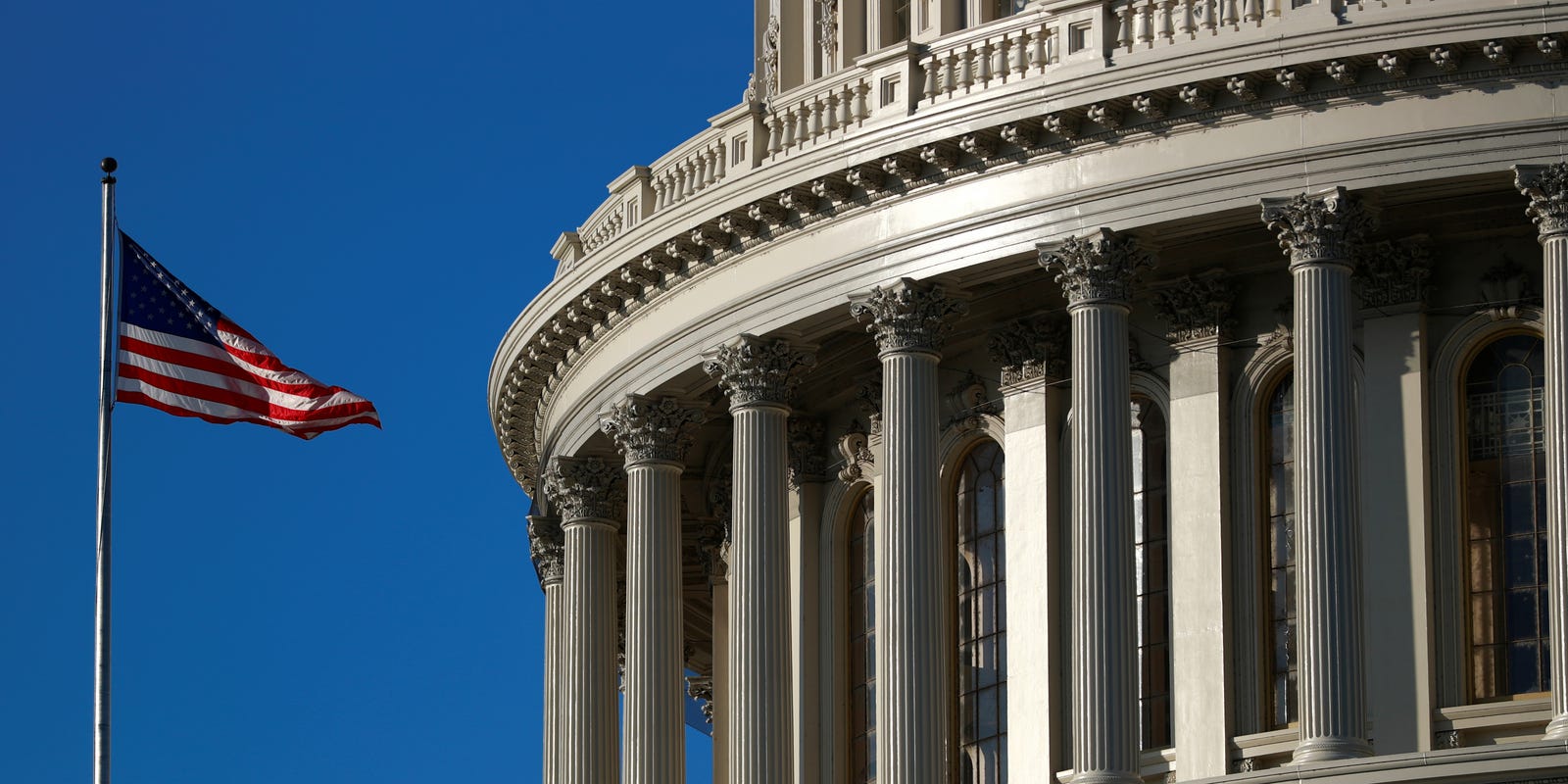Michigan's Senate Showdown: A Political Battleground Primed for Surprise

Michigan's political landscape is set for a dramatic shift as Senator Gary Peters' unexpected departure creates a rare opportunity for a high-stakes Senate race. Unlike the state's previous open Senate seat contest, this upcoming election promises to be a uniquely compelling political battleground.
Peters' surprise announcement has caught both political parties off guard, setting the stage for what could be one of the most closely watched Senate races in the 2024 election cycle. Michigan, a perennially pivotal swing state, will once again find itself in the national political spotlight as candidates vie for this critical Senate seat.
The timing and circumstances of Peters' exit make this race particularly intriguing. With Michigan's recent history of razor-thin electoral margins, both Democrats and Republicans will be mobilizing their resources and top talent to secure this crucial Senate position. The open seat represents not just a potential power shift in the Senate, but a symbolic test of the state's evolving political dynamics.
Political analysts are already speculating about potential candidates who might step forward, promising a campaign that could have significant implications for national political strategy. As Michigan prepares for another high-profile Senate election, the political world will be watching closely to see how this unique opportunity unfolds.

